Tokyo, August 26 -Japanese media outlet Nikkei Asia has published a detailed report on the former Prime Minister of Bangladesh, Sheikh Hasina, outlining how she allegedly stifled democracy, elevated Bangabandhu Sheikh Mujibur Rahman to a god-like status, and maintained an authoritarian grip on power for over 15 years, largely ignoring public opinion.
The report, written by senior staff writer Toru Takahashi, blends historical context with insights from several commentators and an analysis of current events and the political climate in Bangladesh.
Mayumi Murayama, Executive Vice President of the Institute of Developing Economies, commented in the report, noting that Sheikh Hasina did not initially exhibit authoritarian tendencies when she first became prime minister in 1996. However, Murayama observed a marked shift in her governance style following her return to power in 2009. He stated, "Since coming to power for the second time in 2009, Sheikh Hasina started behaving like an authoritarian ruler. She quickly became desperate to remove the caretaker government provision from the constitution," a move that ultimately facilitated her continued grip on power.
The report alleges that Sheikh Hasina, in an effort to suppress the opposition, particularly targeted the Bangladesh Nationalist Party (BNP). The article claims that BNP Chairperson Khaleda Zia was jailed, many BNP leaders and activists were imprisoned, and a number went missing. The report suggests that such actions have created a culture of fear and injustice. Additionally, it accuses Sheikh Hasina of promoting a cult of personality around her father, Sheikh Mujibur Rahman, whom she positioned as a "god-like" figure, thereby discouraging any criticism of her government.
The report also highlights the impact of Sheikh Hasina's rule on educational institutions, particularly universities. According to the article, leaders and activists from the Chhatra League, the student wing of Hasina's party, were allegedly given preferential treatment, which led to widespread resentment among ordinary students. This dissatisfaction reportedly contributed to a latent but growing opposition to her rule.
Citing a report from the Indian newspaper The Hindu, the article claims that Sheikh Hasina became increasingly isolated from her advisors, with her sister Rehana being the only person she trusted. This growing distance from her advisors is suggested to have played a role in her eventual political decline.
The report concludes by discussing the recent appointment of Dr. Muhammad Yunus as the Chief Adviser in Bangladesh, a move that has reportedly been well-received by the public. However, the report also speculates that the BNP may return to power if national elections are held soon. The article ends with a reflection on what Bangladesh might have learned from Sheikh Hasina's15-year rule.



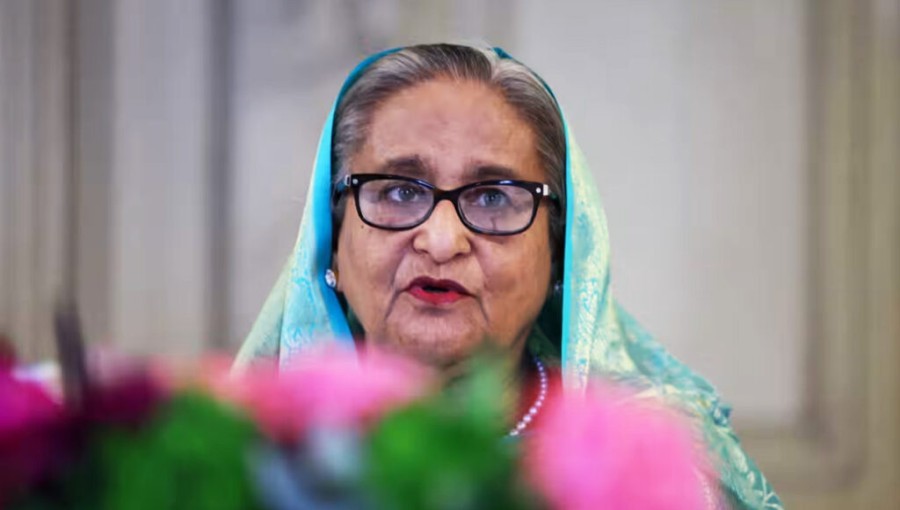

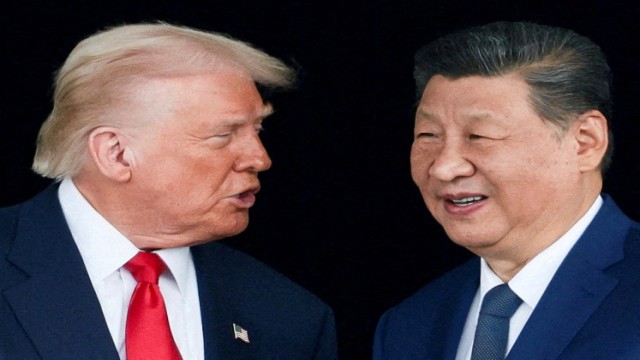
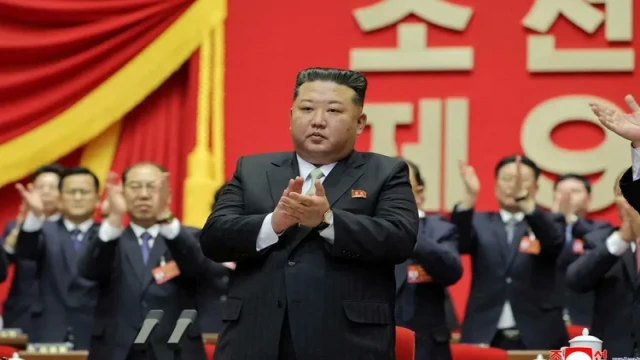
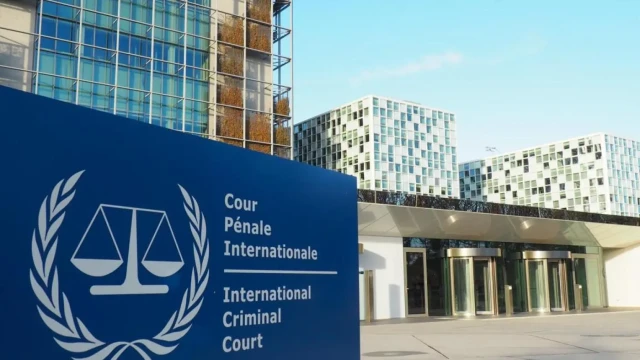




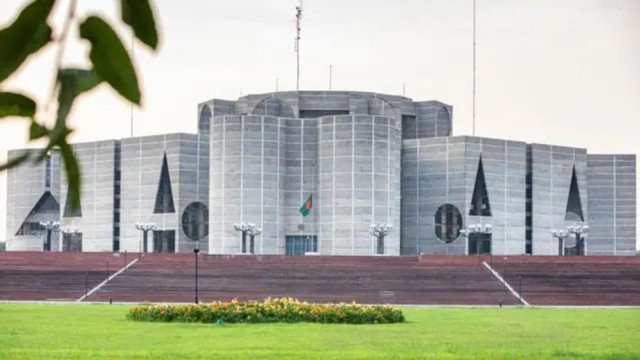
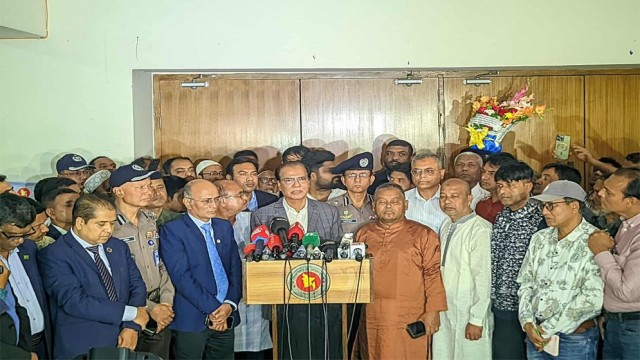


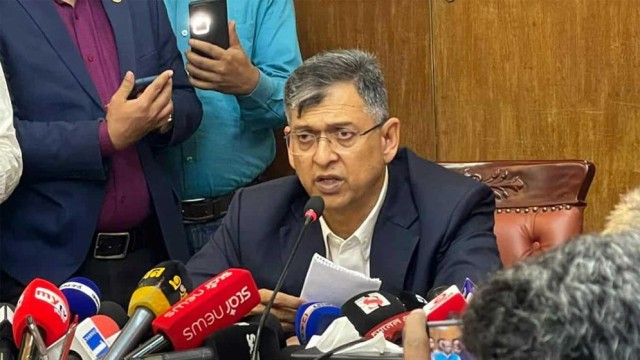














Comment: